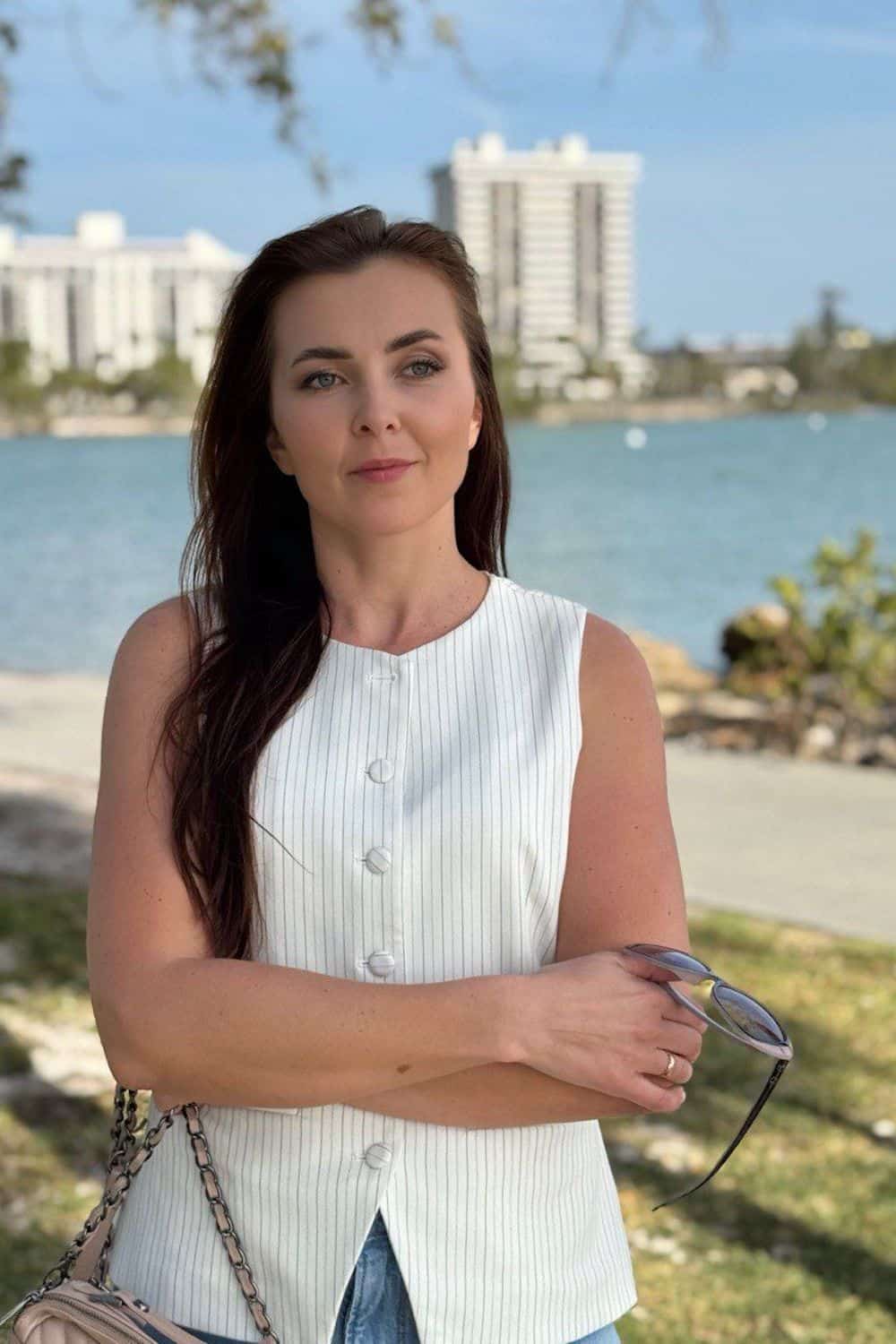Disaster films generally happen in the present-tense because we don’t tend to consider future catastrophes as impending disasters, despite their degree of inevitability. That’s the real hurdle faced when trying to realistically dramatize the apocalyptic ramifications of global warming in the form of art or politics — if people don’t see it, they don’t believe it. They’ll jump out of a burning building instantaneously but, like frogs in a pot of water, won’t care that the temperature is only slowly rising to a boil. This is the creative impasse that the brilliant filmmaker Thomas Vinterberg and his co-writer Bo Hr. Hansen dare to address in their series, Families Like Ours, which imagines a Denmark that has to essentially evacuate all its residences due to worsening conditions.
Like Vinterberg’s all-time masterpieces The Celebration and The Hunt (and his entrancing Oscar-winner, Another Round), the miniseries is simultaneously a social critique and an intimate drama. Families Like Ours takes both a macro and micro approach to the actual reality of rising water levels, and does so in order to explore something innately human and universal about our condition. It forgoes the unrealistic Roland Emmerich-style disaster sequences, opting instead for tense verisimilitude. A typhoon is not going to kill these protagonists; desperate looters, human traffickers, hunger and poverty, or anti-refugee sentiment may, though. That’s our future.
Whether you “believe” in it or not, the water is rising. Jakarta, the current capital city of Indonesia, will be completely underwater in 16 years. A $40 billion sea wall has been under construction, but the 11 million people who live in the city will need to be evacuated. This will then happen to Tokyo, Mumbai, New York City, Istanbul, London, Miami, and Bangkok as well, and by the end of the century, it will be nearly impossible to live in an area we currently call coastal but will soon refer to as, well, water. If you think the world has issues with immigration now, that’s going to increase 100-fold this century.
What Happens When Your Country Disappears?
Families Like Ours takes place in the six-month-long process to entirely evacuate Denmark before it is submerged and uninhabitable, and then follows the scattered lives of some Danes who emigrate. On a smaller level, the series chronicles the journey of young Laura, who is on the cusp of adulthood and high school graduation. Fresh from TIFF, Families Like Ours is brilliant in several ways, but suffers from a kind of emotional manipulation that gets tiresome. Nonetheless, it’s one of the rare works of art which effectively and dramatically addresses the biggest crisis facing humanity.
Like the great José Saramago novel Blindness, Families Like Ours generates interest and profundity in the way it elaborates on small, realistic details. The series fully commits to its subject, imagining what a country-wide evacuation would look like. New bureaucracies are set up, and people make appointments at drab DMV-like offices to discuss what kind of housing and work are available in which countries.
People leave the country in waves, with the wealthiest exiting first, of course. From there, it depends on your skill level, spoken languages, family, companions, passport status, and so on. Depending on who you are, you could find yourself in a Parisian apartment with a new job, or you could find yourself in a Romanian hostel sharing a bathroom with 10 people. Either way, it’s closing time and you can’t stay here.
A Young Woman & Her Family Survive the Death of Denmark
Laura + Elias 4Ever
Balancing this macroscopic view is the show’s microscopic look at a young woman named Laura and her extended family (mother, father, stepmother, uncle, brother, grandfather, grandmother, boyfriend). They’re the main focal point of the series, though the tangential lives in her orbit are also drawn in to this novelistic epic. Families Like Ours is usually excellent at interweaving the personal and the political, the micro and the macro, using this one family to explore the bureaucracy of apocalypse and vice versa. It honestly may be too heavy a load to place on one group of characters, though, leading to some melodramatic histrionics.
Like most immigrants, Laura (played by Amaryllis August in an impressive performance that’s forced to carry the brunt of the show’s emotion) is torn between two worlds, and that’s before she even has to relocate. Her parents’ divorce has split her between two different houses and lives, and she often finds herself being more of a caretaker to her own mother. She develops a quickly heated senior-year romance with young Elias, charmingly played by future heartthrob Albert Rudbeck Lindhardt, who is incredible here. He’s like a young Leonardo DiCaprio, filled with serious emotion but also endlessly playful and eager to please.
An Epic Romance Thwarted by Annoying Emotional Manipulation
Ultimately, Families Like Ours turns into an epic romance of sorts between Laura and Elias, who come together before the collapse of Denmark and who fight with all they have to reunite. Many of the show’s best scenes take place after the evacuation and a mishap which results in the two young lovers in different countries. Their respective attempts to find each other almost could’ve been its own film — it’s harrowing, romantic, scenic, and emotionally searing. Unfortunately, this quest also suffers from what plagues Families Like Ours the most, and that is its penchant for easy emotional manipulation.
Make no mistake, Families Like Ours is a fantastic series, one that’s arguably more important than it is good (and that’s saying something, because it is very good). The only real problem with the show is its need to create conflict and drama when there’s obviously more than enough already. In doing so, it makes certain character, well, obnoxious. Case in point — Laura makes the painful choice to emigrate with her mother instead of her father and that side of the family. But then, she emotionally decides to stick with her father’s side of the family. That is, until she dramatically decides to go with her mother instead. Each time she makes the choice, it’s presented as if the stakes are extremely high.
These kinds of fakeouts are not limited to poor Laura’s indecision, which ultimately leads to untold amounts of suffering for everyone and may make you despise her (despite the young woman suffering more than enough in the show for her mistakes). You begin to feel emotionally manipulated throughout Families Like Ours, beyond the pathos that art normally tries to arouse. Like the boy who cried wolf, you stop actually believing and caring in some of the decisions in this show, because it’s very likely they’ll be changed by the end of the same episode.
Families Like Ours Has Surprisingly Great Supporting Characters
And a Dreamy, Pitch-Perfect Esben Smed
That overly dramatic and emotionally manipulative quality is a damn shame, because Families Like Ours is almost perfect in every other aspect. The romance is beautiful and painful, and tells an incredible story of what happens to love when it wakes up from its innocent dreams and finds itself in the real world. The other characters and subplots are surprisingly great and never make the show feel too excessive.
It’s perhaps Laura’s step-uncle, Nikolaj (Esben Smed), who is the most interesting; the intense side story with him and his husband Henrik (Magnus Millang) is always welcome. These two actors are a revelation together, especially Smed. After seeing him and his character Nikolaj in this show, you’ll beg for a spinoff (or at least binge-watch Smed’s previous work; boy is he good). How Nikolaj and Henrik’s story interacts and dovetails with Laura’s is fascinating, beautiful, and almost spiritual.
And piggybacking off that, David Dencik is unforgettable as Henrik’s weasely, godawful brother. The way he fits into and affects the story is immensely clever, and he and Henrik become oddly reflective of the show’s bigger themes. Almost everyone is great here, though. If any character feels underwritten or unexplored, it’s Thomas Bo Larsen as Holger. Larsen is a uniquely powerful actor, and Holger and his story had a ton of potential. Unfortunately, it only amounts to narrative nuts and bolts.
When the Waters Rise, We’ll All Be Immigrants
While the family melodrama is what generally grips you throughout Families Like Ours, it’s the fastidious direction from Vinterberg and his sprawling script with Hansen that makes the show especially memorable.
Sticking with the idea of macro and micro approaches, Vinterberg expertly choreographs massive things (like protests in the street and chaotic crowds at docks), but also captures small, unsettling moments that are just as impactful. In one brief instance, while a neighbor is driving off, they’re asked if they forgot about their dog. The neighbor makes a quick and quiet gesture with one finger cutting across his neck, implying that the dog was put down but that the children don’t know it yet. The sacrifices, confusions, and politics of the situation are fleshed out in details big and small.
The way these writers portray the hardship of migration is brilliant. It’s important to depict the suffering and tribulations of immigrants who don’t match the stereotypical profile that most Westerners have. In Families Like Ours, these are white, multilingual Europeans, but that doesn’t prevent the cruelties bestowed upon them simply for being refugees. Seeing the characters try to survive without working visas, hustling and scrambling to find a place to sleep for the night, is profoundly important in a world where most people equate “immigrant” with dark skin and “foreign” languages. As the waters rise, most of the world’s population will have to relocate. We’ll all be “illegal immigrants” in a constantly changing home, and Families Like Ours is a profound reminder of that.
What Vinterberg and Hansen have accomplished with Families Like Ours is an impressive necessity at a time when we need to be focused on climate change and immigration more than ever before. They do so in a way that’s not only emotionally engaging, but also artfully executed. Does it toy with you and get your goat? Yeah, it does, and that’s frustrating, but it’s more than worth it in the end. In many ways, it’s the blueprint. Families Like Ours debuted at the Venice Film Festival before screening episodes at the Toronto International Film Festival; find information here. Watch this space for more information about when and where to watch Families Like Ours.
You can view the original article HERE.






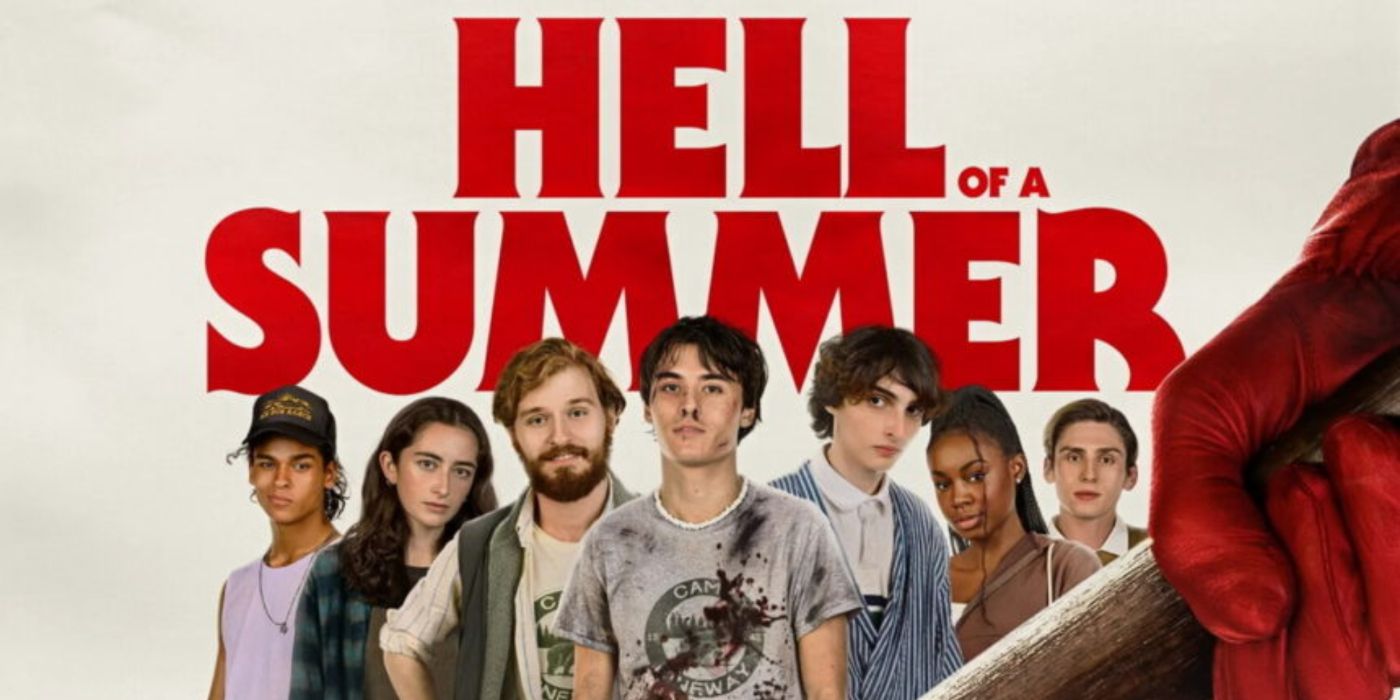



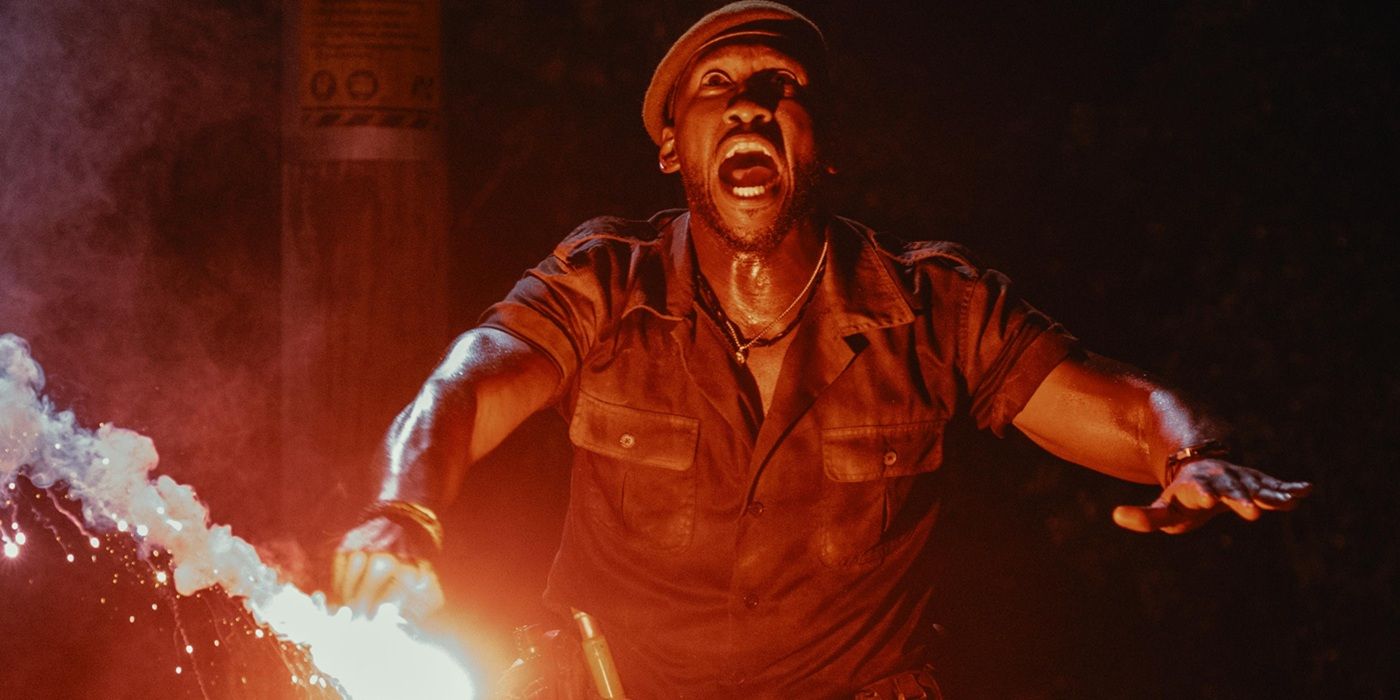

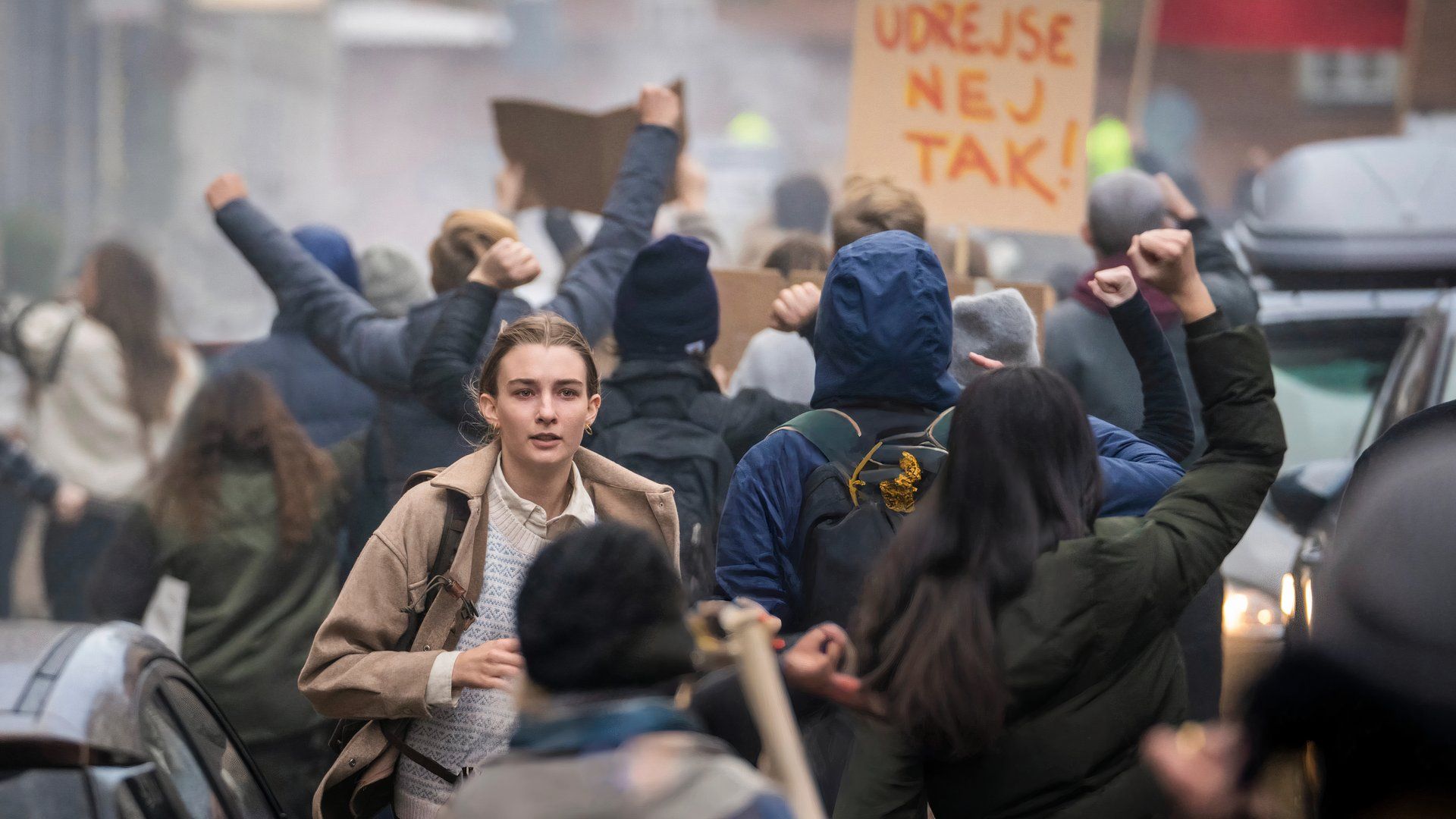
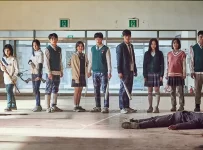






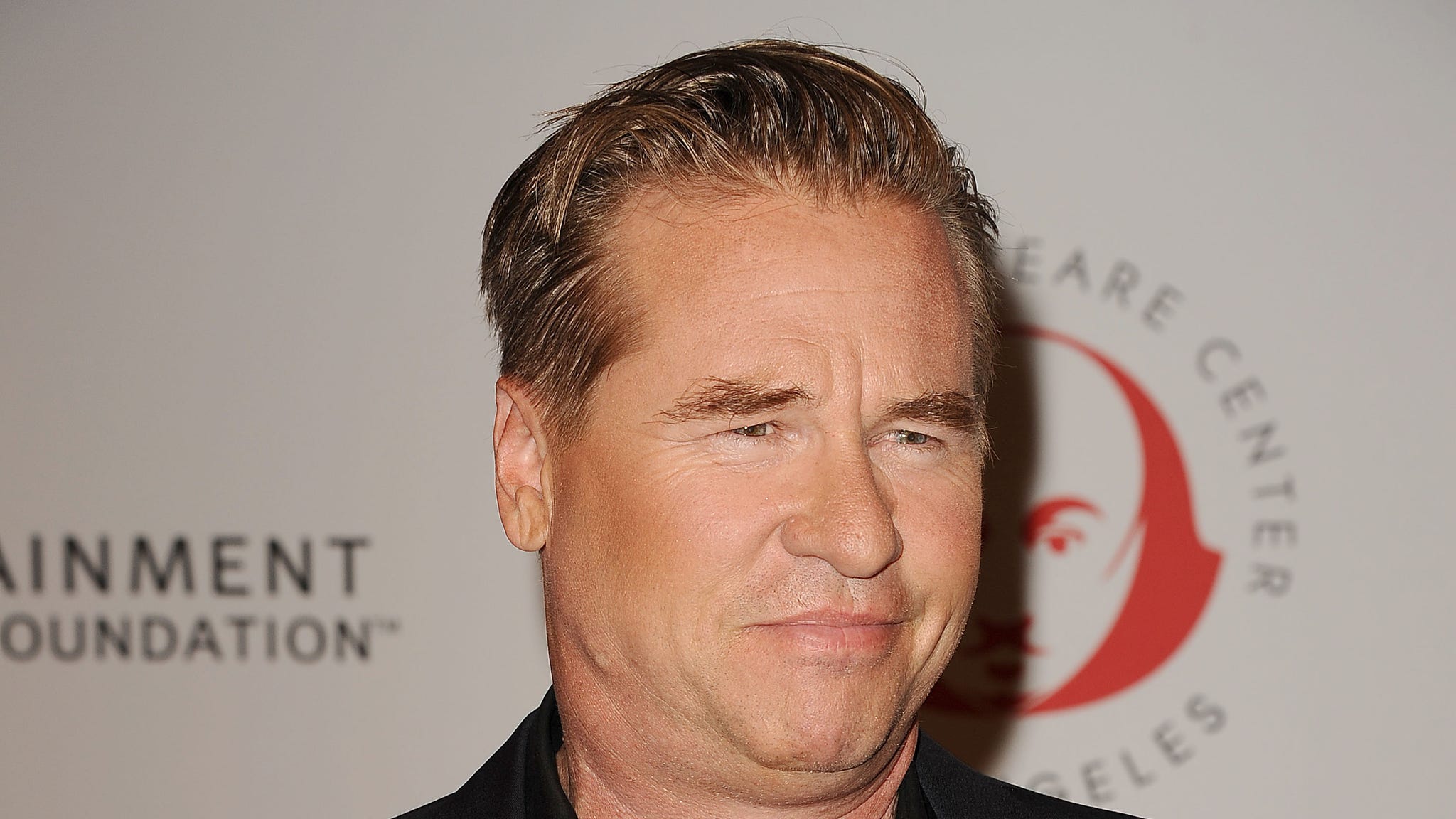
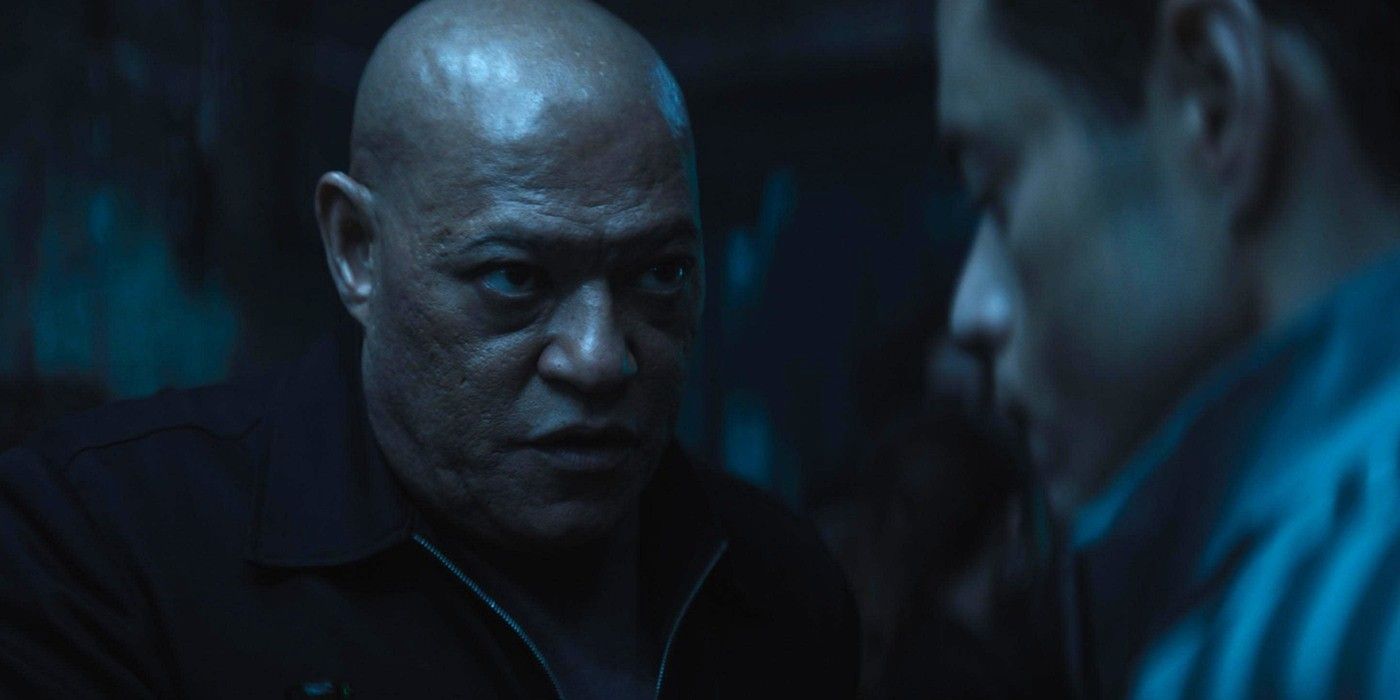


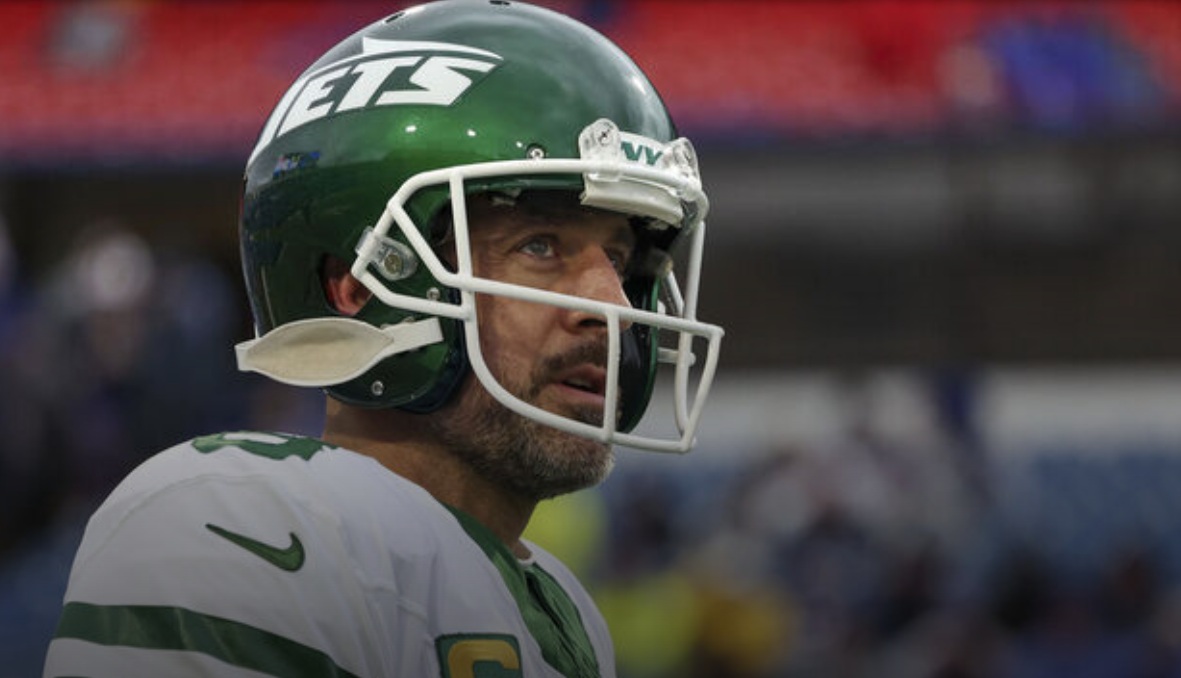




:quality(85):upscale()/2025/04/01/587/n/1922564/fe60d6be67ebe4b0bbd6f1.79749549_.png)
